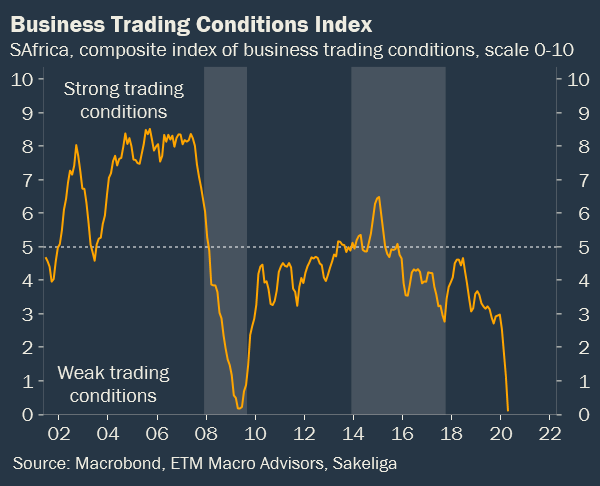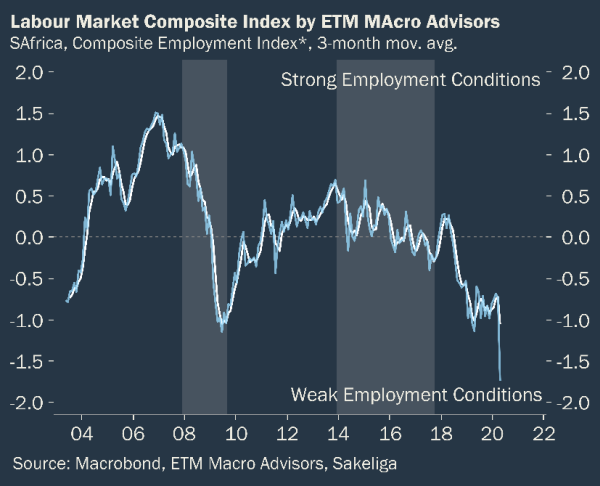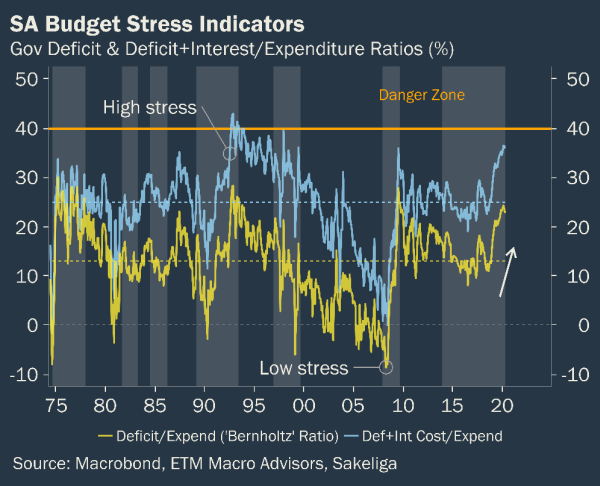SA economy crashes to below 2008/09 crisis levels
14 June 2020
Crucial reforms still lacking
The South African government’s legislative reaction to Covid-19 has been an acute shock to the economy. This follows on an economic policy environment which has
South Africa is, at present, in far worse state than was the case even during the economic crisis of the late 2000s. In the coming period, the nature of policies that remain in the wake of Covid-19 and steps toward reform (or lack thereof) will be crucial to the welfare of all communities in South Africa.
These are some of the findings in business group Sakeliga’s quarterly Economic Update for Business Decision-makers, published
The June report illustrates the severe degree to which South Africa’s stringent lockdown
The report emphasises that a quick reversal of the stringency of the local lockdown regulations remains a critical element for the likelihood of a meaningful economic recovery after Covid-19.
“The second quarter of 2020 was unprecedented in many respects. South Africa’s business conditions were already weak

Employment
The report notes the especially
“Experience from countries coming out of lockdowns, such as China, indicates that much

State budget
Another area of concern noted in the report is the state of the government’s budget and deficit. The lockdown has increased pressure on tax revenues, while pressure is mounting for the state to spend in order to help households and businesses. It appears that tax revenues may decline by around R300 billion this year.
“At this stage, new government borrowings and continued interest expenses on borrowings are nearing 40% of total government expenditure. This figure could easily exceed 50% of total state expenditure at the current trajectory. Where such ratios exceed 40%, it could be a danger signal of a looming fiscal crisis.”

The report also updates the presidential policy scorecard, a composite index that attempts to measure the impact of a current presidential administration’s economic policy choices against a number of economic measures,
“Covid-19 and the government’s
Read the full report here.
Issued by Gerhard van Onselen, Senior Analyst: Sakeliga, 14 June 2020

